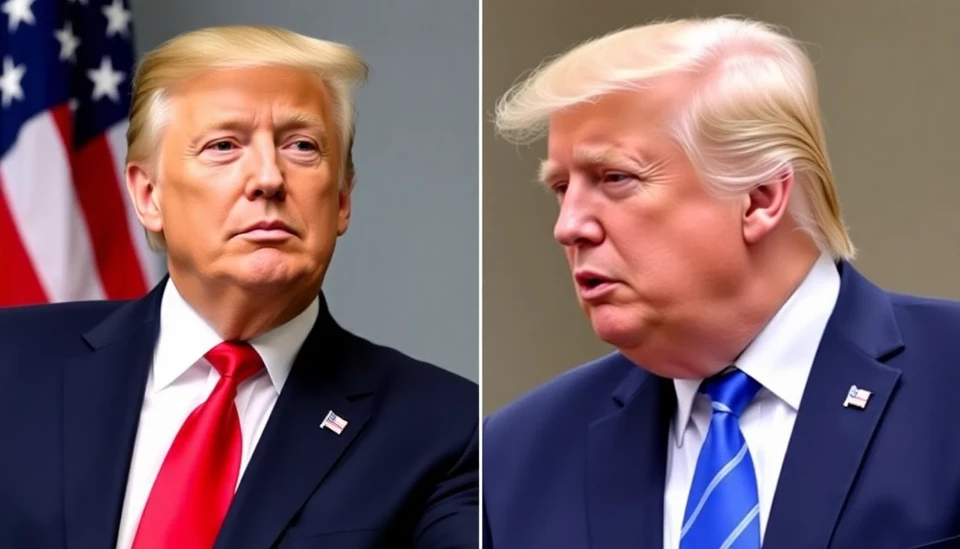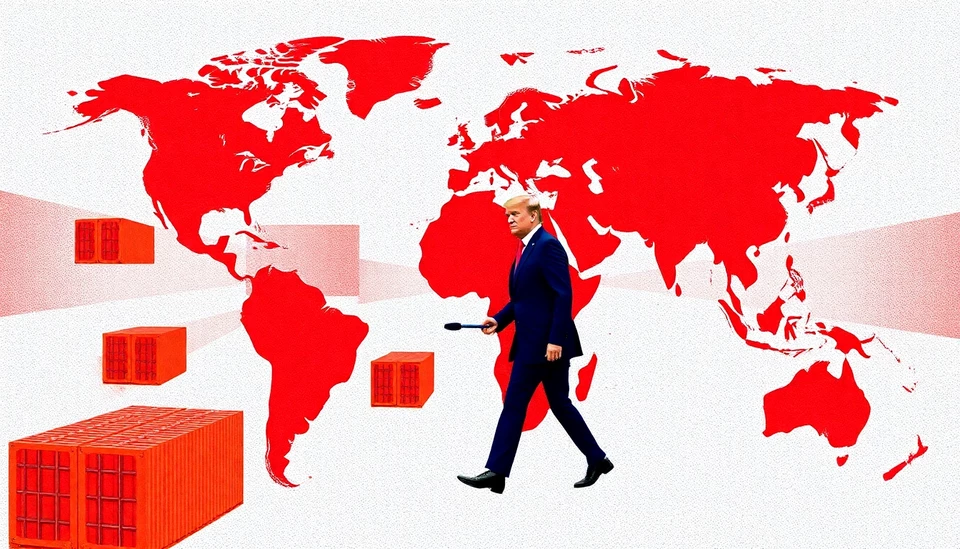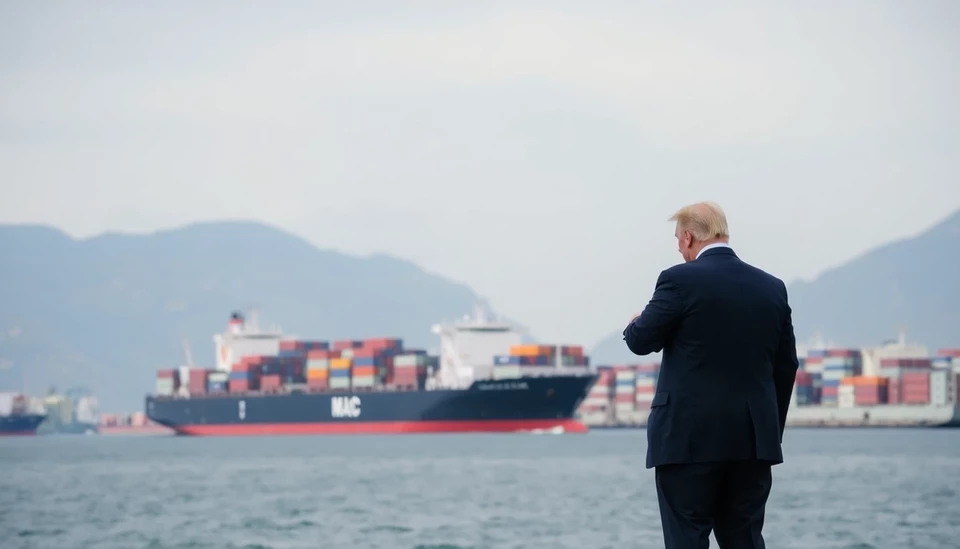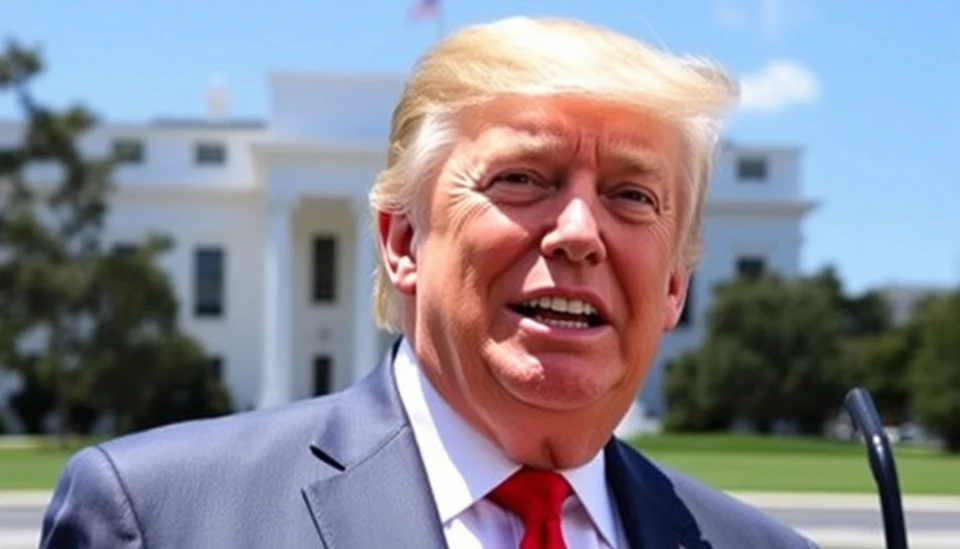
In a recent announcement, former President Donald Trump declared his intention to unveil new reciprocal tariffs as early as next week, a move that could significantly impact the current trade landscape in the United States. This information comes amid mounting discussions surrounding America's trade strategies and relationships with key foreign partners.
Trump's proposed tariffs are likely to mirror the taxes imposed by other countries on American goods and services, emphasizing a bilateral approach to trade. The former president has frequently criticized what he perceives as unfair trading practices, stating that the new tariffs are essential to protect American industries and workers from international competition.
During a recent press event, Trump hinted at the specifics of the upcoming tariff announcement, urging American businesses to brace themselves for what he views as a crucial shift in policy. “It’s about time we take a stand against countries that impose higher tariffs on our products while expecting access to our markets,” Trump remarked, highlighting a fundamental aspect of his "America First" trade philosophy.
This announcement aligns with a broader pattern of Trump's ongoing push to reshape U.S. trade relationships, an endeavor that notably characterized his previous administration. Critics argue that such tariffs could provoke retaliatory measures from trading partners, potentially leading to a trade war reminiscent of the early days of his presidency. However, Trump remains undeterred, suggesting that these measures could ultimately benefit the U.S. economy in the long run.
The timing of this announcement coincides with various economic indicators suggesting a need for revitalization in certain sectors of the U.S. economy, particularly manufacturing, which has faced significant strains from global competition. By reinforcing American manufacturing through tariffs, Trump aims to stimulate job growth and enhance national economic sovereignty.
As the announcement date approaches, many in the business community are watching closely, anticipating how these new tariffs will affect existing contracts, supply chains, and pricing strategies. Trade experts indicate that while protective tariffs might benefit some domestic industries, they could also lead to higher consumer prices and complicate international relations.
In summary, Trump's impending announcement on reciprocal tariffs is poised to ignite discussions about America's role in global trade. With significant implications for both the economy and international partnerships, the upcoming week promises to be a critical one for stakeholders across the board.
Stay tuned for further updates as this situation develops.
#Trump #ReciprocalTariffs #TradePolicy #AmericaFirst #Economy #Manufacturing #InternationalTrade
Author: Daniel Foster




